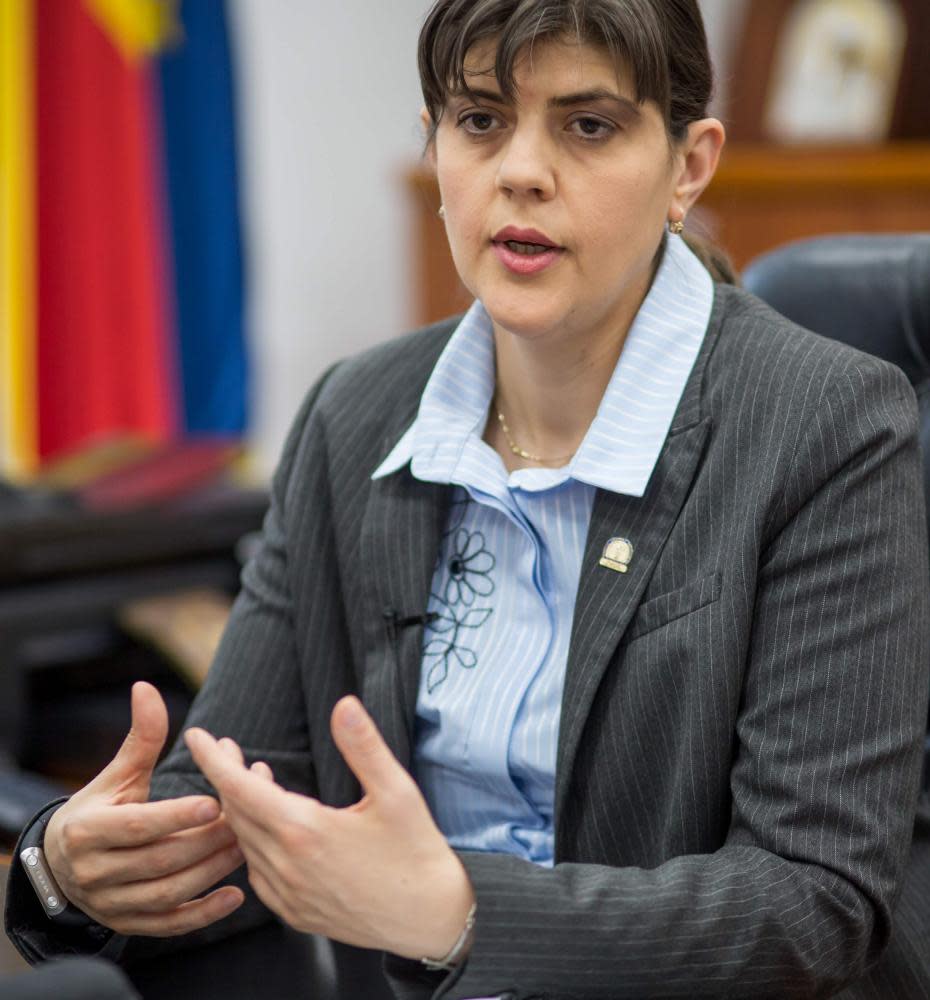EU urged to step in after Romania protests led to violence

EU authorities are facing calls to defend the rule of law in Romania, a week after more than 400 people were injured in mass protests against corruption and changes to the judicial system.
Last Friday 100,000 mostly peaceful demonstrators took to the streets in different cities, but 450 people were left needing medical help after riot police used what Klaus Iohannis, the Romanian president, condemned as “unacceptable” force.
There have been regular protests since last year, when the Social Democratic party came to power and introduced changes to the judicial system and criminal code. The changes have been criticised as the biggest step back for the rule of law since Romania joined the European Union in 2007.

Fuelling concerns, the respected head of the country’s anti-corruption unit, Laura Codruța Kövesi, was fired last month.
The co-leaders of the European parliament’s Green group are calling on the European commission to launch its rule-of-law mechanism, which is being deployed against Poland and debated for Hungary.
“The people in Romania are looking for help from the European Union and I think we should give that,” Ska Keller, the German co-president of the Green group, told the Guardian.
While the group is not looking to copy the high-stakes legal action against Poland, it wants the commission to start talks with Bucharest over the judicial changes and the anti-corruption drive.
“There is a whole escalation ladder and we should start with procedure at the lower level,” she said.
Romania is likely to face growing scrutiny as it prepares to take up the EU’s rotating presidency for the first time in 2019.
The Greens, who sit with separatist parties to boost their numbers, are only the fifth-largest group in the European parliament, limiting their influence. However the party’s call for a European parliament debate on Romania is likely to win support from some liberal and centre-right MEPs.
Monica Macovei, a former Romanian justice minister who is now an MEP with the centre-right European People’s party (EPP), has been vocal in pressing the commission to take a tougher stance.
But the plan may struggle to win support from Socialist MEPs, who are believed to be reluctant to criticise their party allies in the Romanian government.
Keller said politicisation of the rule of law was a big problem for the EU, pointing to the EPP’s widely-perceived protection of Hungary’s Viktor Orbán, as well as Socialists’ restrained criticism of problems in Malta and Romania.
“It is really a big problem that everyone is always protecting their own problematic guys and not taking a clear stand and always finding excuses,” she said.
The commission did not respond directly to the call for it to launch formal talks on the rule of law with Romania.
“The commission is following the developments with concern and attaches great importance to the independence of the judiciary and the fight against corruption,” it said.
“Peaceful protests, as you know, ended in violence and violence can never be a solution in politics.”

 Yahoo News
Yahoo News 
